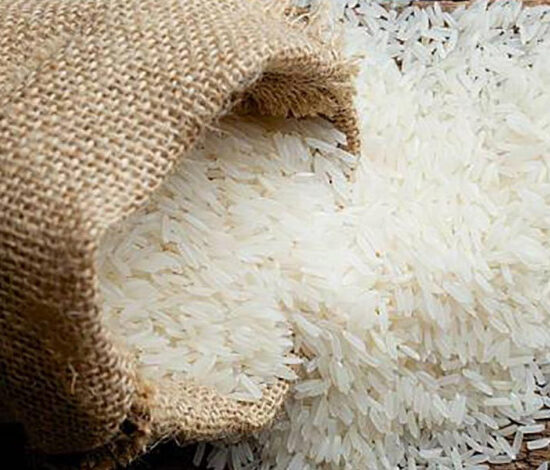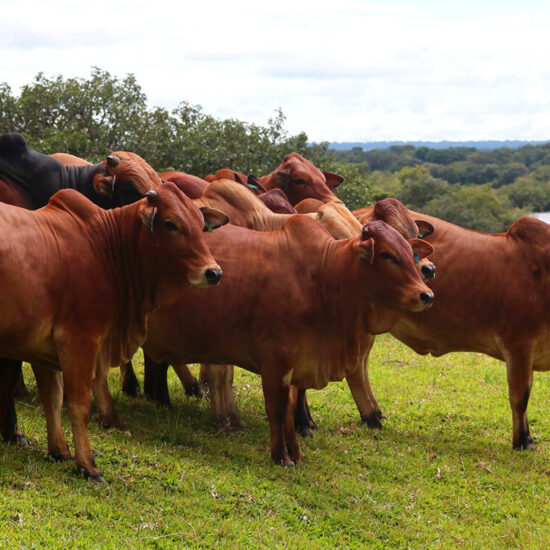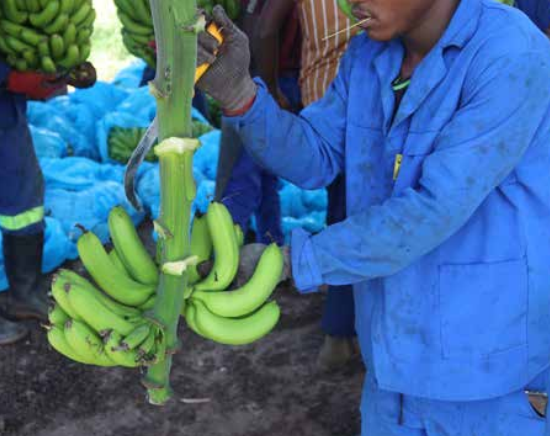
The Government of Zambia has re-launched its partnership with Brazil aimed at resuming the bilateral cooperation in the field of biofuels development which had slowed down in progress since its launch in 2010.
Zambia and Brazil signed a bilateral instrument of cooperation in 2010 aiming at the developing biofuels in the country of which limited progress was seen. Brazil is one of the best examples in the world in the development and use of biofuels as a substitute to fossil fuel.
Speaking at a policy dialogue consultative forum held in Lusaka on 7th May 2019, Minister of Energy Matthew Nkuwa told the Zambian Business Times – ZBT that the failure to progress in investment of biofuel is due to some challenges the country was facing in migrating to blending of petroleum products and the necessary infrastructure needs to be developed for a successful roll out of the biofuels programme.
He said the partnership earmarks the renewable energy industry in the area of delivering the establishment of biofuel blending facilities by 2021, thereby calling for the need to grow the industry.
Nkuwa said biofuels have low emissions compared to fossil fuels hence it contributes to efforts of emissions reduction which helps in mitigating climate change adding that the importation of fossil fuels contributes to the depletion of much needed foreign exchange in the country.
In addition, he said the operation on the biofuel blending programme will lead to a reduction in foreign exchange depletion due to fuel imports as the biofuels will be produced locally.
“I wish to inform you that currently, Indeni Refinery and Tazama Pipeline Limited have no capacity to enable blending, therefore it is necessary for government to invest in additional facilities to enable national blending of biofuels with fossil fuels.
And Brazil Ambassador to Zambia Colbert Soares said the agreement around biofuels is an interesting sector of developing the rural sector in Zambia as it will contribute to the increase of jobs and to the training of labor force, add value to agricultural production chains, reduce the country’s large oil imports and improve logistics and infrastructure in Zambia.
He mentioned that Brazil is in a better position to partner with Zambia in the matter as it has about 45% of its energy and 18% of the fuel consumption originating from renewable biofuels.
Speaking at the same event, Minister of National Development Planning Alexander Chiteme also stated that energy has become a necessary resource for the operation and growth of pivotal sectors such as mining, transport and agriculture hence the need to grow and diversify the energy sector to enhance its contribution to the economy.
He said government has set an ambitious outcome of improving local energy production and that the target set in the plan requires government to increase proportion of renewable energy mix to 5%.
Zambia’s currency the Kwacha struggles with perpetual depreciation due to the country’s huge import bill of which fuel is one of the biggest. Efforts to utilize available arable land to grow plants that can be used for biofuel generation have stalled mainly due to loss in long term focus and changes of policies by successive governments.







